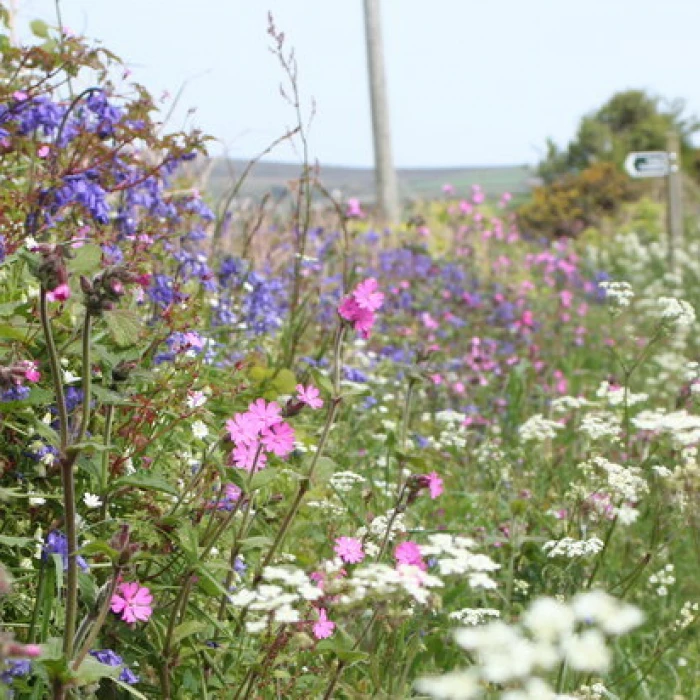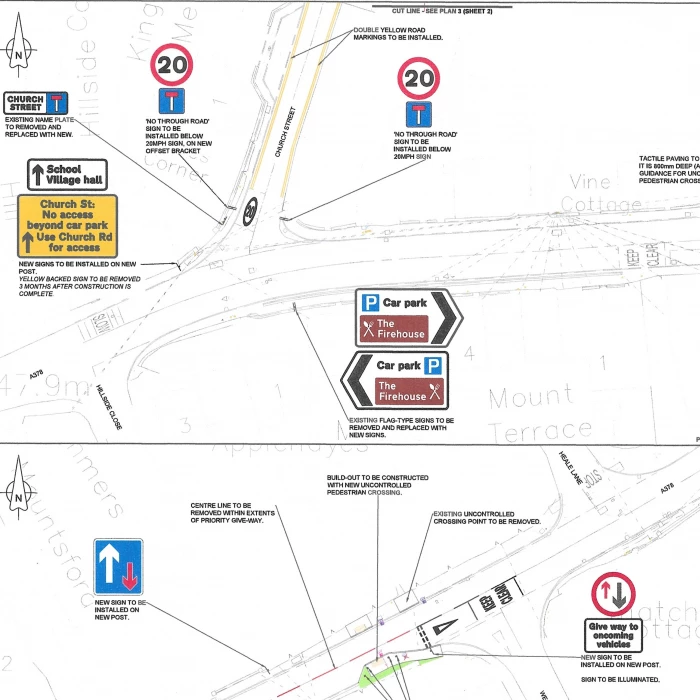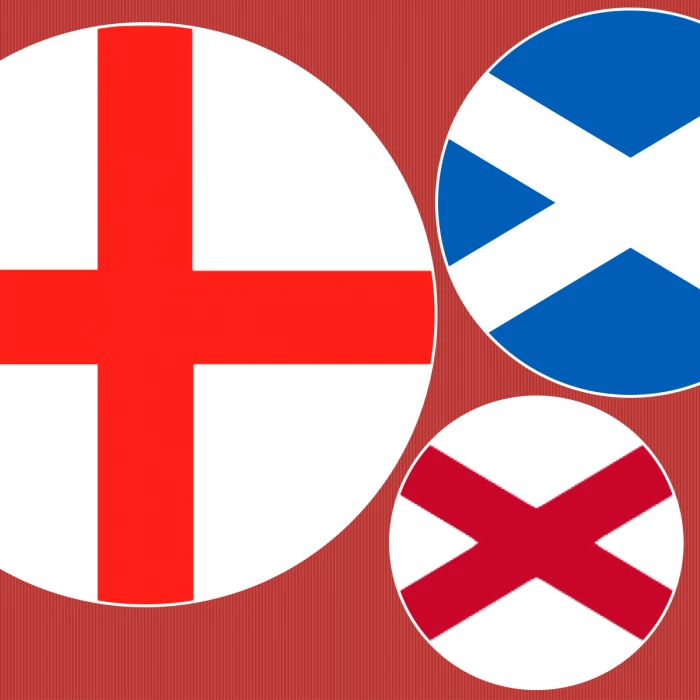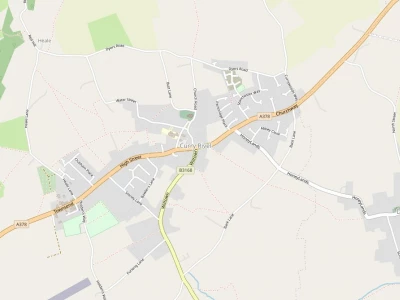All About the Parish Council
What is a Parish Council?
All parish councils are statutory bodies, their existence is due to a "statute" (a law passed by government). The way they are constituted, how meetings are run and what they can make decisions about are all defined in law.
What can the PC do?
Some of the areas which parish councils can be involved in include: cemetery provision or contribution to churchyard maintenance, entertainments provision, rights of way, provision of public halls, allotment provision, playing field provision, erection of signs announcing village name or amenity, provision of bus shelters, public lavatories and maintenance of roadside verges.
Local parish councils also work closely with the district council, in particular making the views of the village known on district-provided services such as planning control, road maintenance, waste collection, etc. Curry Rivel falls within South Somerset District Council (SSDC) – they break their district down into several areas and we are within "Area North" -
for more details on SSDCl visit
How is the PC funded?
Parish councils draw their funds from the council tax paid by residents of the parish. A small portion of the council tax goes to the PC, these funds are known as the precept.
Parish councils must hold insurance, have a paid clerk and pay for their accounts to be audited, paid from the precept. What remains of the precept can be used to fund local amenities which fall into the categories listed above, or within strict financial limits, they can also spend on anything which will be, in the PC's opinion, in the interests of the parish. In practice, Curry Rivel tries to keep its precept as low as practically possible which means that there are only limited funds available to spend on specific projects.
Projects are usually funded by applying for grant money from a variety of sources (e.g. the lottery, SSDC, various government departments, etc.) each of which have their own funding criteria.
Who can be a Parish Councillor?
A person is qualified to be elected and to be a councillor if they are a British, Commonwealth, Irish or European Union citizen and on the relevant day (that is, the day of nomination and election) they are 18 or over. In addition, the person must meet at least one of the following criteria:* on the relevant day and thereafter they continue to be on the electoral register for the parish, or
* during the whole of the twelve months before that day they have owned or tenanted land or premises in the parish, or
* during the whole of the twelve months before that day their principal or only place of work has been in the parish, or
* during the whole of the twelve months before that day they have resided in the parish or within three miles of it.Except for qualification (1), these qualifications then continue for the full term of office, until the next ordinary elections. Certain people are disqualified from standing, and these include paid officers (including the Clerks) of the council, bankrupts and those subject to recent sentences of imprisonment.
Parish councillors are volunteers, working on behalf of the parish without remuneration. The Curry Rivel Parish Council consists of 9 councillors and occasional vacancies are usually filled by "co-opting" a new member as and when someone is found who is willing to become a councillor.
PC elections are held every four years (the last one was in 2019). If more people put their name forward that there are vacancies, or if ten or more parishioners request an election, then councillors are appointed by election.
What happens at a meeting?
By statute, PC meetings must be held in public. The chairman leads the meeting ensuring that all items on the agenda are given an adequate amount of time for discussion. Proposals are made and then appropriate councillors vote to decide on a course of action.
There is usually time at the beginning of the meeting for any member of the public to speak – this is your opportunity to raise any concerns to the PC or provide feedback on any issues relating to the PC's work.
Thereafter the public is there to witness the PC at work – although sometimes the chairman may invite comment from the public at others points in the meeting. All agendas and minutes of the PC must be publicly displayed, full minutes and agendas of meetings are displayed on the parish noticeboards by the One Stop shop and outside the Village Hall, they are also made available on the Curry Rivel Community website.
When does the PC Meet?
The PC meets in the Old School Room (Junction of Butts Lane and Church Street) on the first Thursday of each month. These meetings start at 7.30pm and are open to the public. Minutes prior to these dates can be sought from the clerk.
The Annual Parish Meeting
An annual parish meeting must be held in before the 1st June and it is a wonderful opportunity to hear about everything going on within the parish. This is not a meeting of the council but a meeting of the parish itself (i.e. everyone who lives in the parish). At this meeting, the chairman of the parish council gives a presentation on what the council has achieved over the last year and representatives from local groups and businesses are invited to give a short talk about their achievements and activities and there is normally a guest speaker as wel
The Parish Council clerk and responsible officer is Lydia Mason
Working Hours are Monday 9am – 5.30pm, Thursday 9am – 1pm, Friday 9am – 1pm
Email: curryrivelparish@outlook.com
Tel: 07714 510828.
Correspondence only to:
The Clerk, Curry Rivel Parish Council, Greystones, Churchway, Curry Rivel. TA10 0EE
Get In Touch
CurryRivelOnline is powered by our active community.
Please send us your news and views.
Email: editor@curryrivel.org.uk






